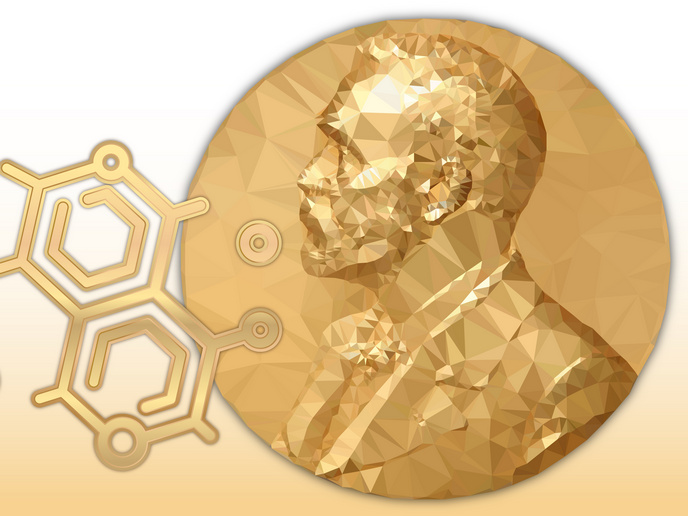EU-backed scientist awarded 2024 Nobel Prize in Chemistry
American biochemist and computational biologist David Baker was awarded by the Royal Swedish Academy of Sciences for his pioneering work in computational protein design. It could have a positive impact on many sectors, ranging from medicine to materials science. He shares the award with another two researchers, Demis Hassabis and John M. Jumper, who were recognised for their achievements in protein structure prediction. The laureate is a professor at the University of Washington School of Medicine and director of the university’s Institute for Protein Design. His work involves the design of new proteins and creation of unique compounds that do not exist in nature. These have a wide range of applications, from medicines and vaccines to nanomaterials and precision sensors.
Collaborating for the future
Baker has worked with European academics throughout his career. Financial support received through the CC-LEGO, ENGAGE and ISLET GABA projects under Marie Skłodowska-Curie Actions – the EU’s flagship funding programme for doctoral education and postdoctoral training – allowed him to host, train and supervise the programme’s postdoctoral fellows. CC-LEGO and ENGAGE focused on protein design. Baker’s work highlights the importance of international cooperation in making trailblazing contributions that could have a positive impact on the world. “Professor Baker’s work highlights the power of curiosity-driven science and the value of international collaboration,” remarks Iliana Ivanova, EU Commissioner for Innovation, Research, Culture, Education and Youth, in a recent news item. “The EU is happy to have funded his work and allowed excellent researchers to develop their skills and career under his guidance through Horizon Europe’s Marie Skłodowska-Curie Actions. We are committed to fostering cutting-edge research that benefits both Europe and the global community.” The CC-LEGO (CC-LEGO: robust protein blocks to build cages and layers) and ENGAGE (ENGineering extracellular matrix-based de novo proteins with high Affinity to Growth factors for Enhancing bone regeneration) projects ended in 2022. ISLET GABA (Beta cell GABA secretion: route, physiological function, and potential for pharmacological modulation in diabetes therapy) ended in March 2024. For more information, please see: CC-LEGO project ENGAGE project ISLET GABA project
Keywords
CC-LEGO, ENGAGE, ISLET GABA, Nobel, chemistry, protein, David Baker



